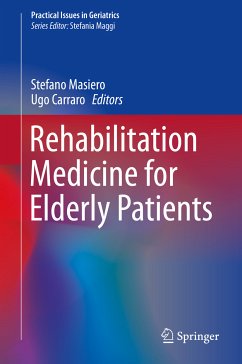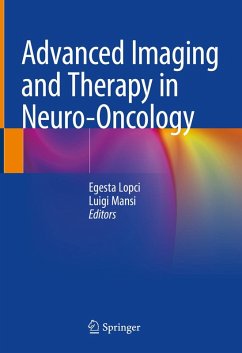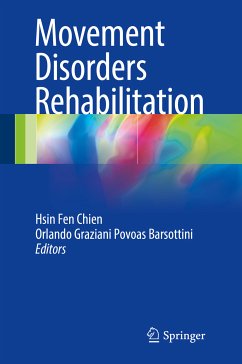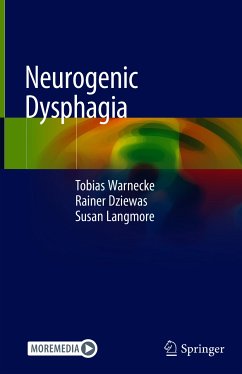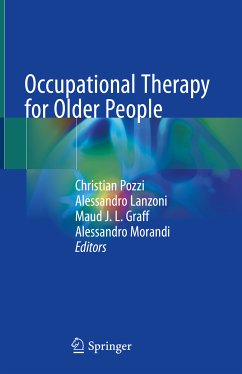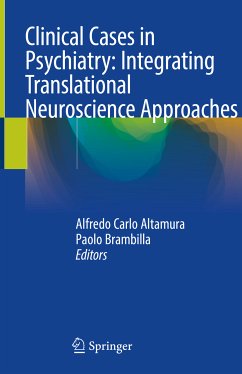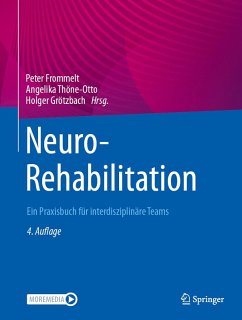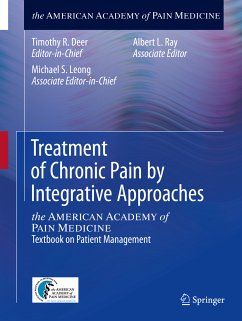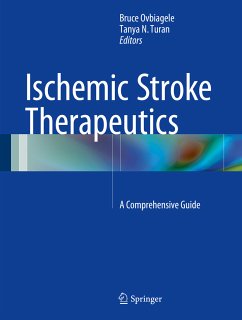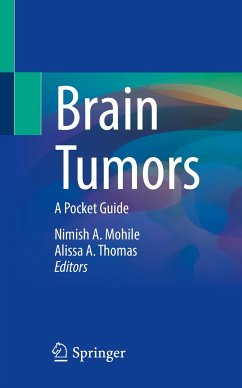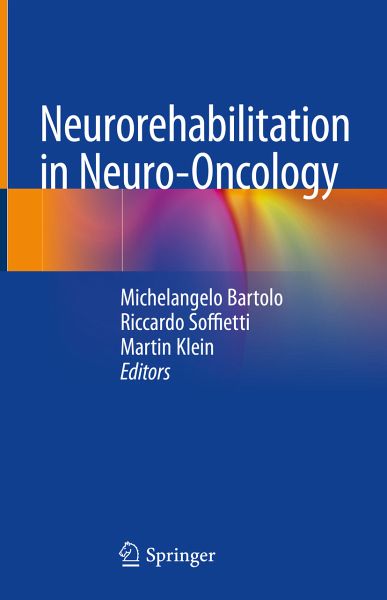
Neurorehabilitation in Neuro-Oncology (eBook, PDF)
Versandkostenfrei!
Sofort per Download lieferbar
72,95 €
inkl. MwSt.
Weitere Ausgaben:

PAYBACK Punkte
36 °P sammeln!
This book provides a comprehensive, practical, and timely guide to neurorehabilitation for patients affected by tumors of the central nervous system. These patients encounter various physical and psychosocial impairments, due to sensory-motor, psychological and cognitive limitations, as well as depression, anxiety and fatigue. These common tumor and treatment consequences reduce quality of life and produce long-term limitation in functioning and disability that may benefit from rehabilitative interventions.In the early stages of the disease, rehabilitation aims at restoring functioning after t...
This book provides a comprehensive, practical, and timely guide to neurorehabilitation for patients affected by tumors of the central nervous system. These patients encounter various physical and psychosocial impairments, due to sensory-motor, psychological and cognitive limitations, as well as depression, anxiety and fatigue. These common tumor and treatment consequences reduce quality of life and produce long-term limitation in functioning and disability that may benefit from rehabilitative interventions.
In the early stages of the disease, rehabilitation aims at restoring functioning after tumor treatment, while in the advanced stages, rehabilitation becomes an integral part of palliative care, which aims to increase patients' independence, to prevent complications and to improve quality of life.
Based on an interdisciplinary approach, the book is structured in two main parts. The first is devoted to the basics of cancer and to the main clinical features of thetumors of the nervous system, as well as to the
essentials of therapeutic approaches. The second part is dedicated to rehabilitation issues, providing the tools for health personnel to take in charge persons affected by neuro-oncological disease.
This unique volume is a valuable resource for all health professionals (physicians, psychologists, trainees nurses specialized in neuro-oncology, occupational therapists, physiotherapists, speech therapists) involved in the interdisciplinary management of individuals affected by tumors of the central nervous system.
In the early stages of the disease, rehabilitation aims at restoring functioning after tumor treatment, while in the advanced stages, rehabilitation becomes an integral part of palliative care, which aims to increase patients' independence, to prevent complications and to improve quality of life.
Based on an interdisciplinary approach, the book is structured in two main parts. The first is devoted to the basics of cancer and to the main clinical features of thetumors of the nervous system, as well as to the
essentials of therapeutic approaches. The second part is dedicated to rehabilitation issues, providing the tools for health personnel to take in charge persons affected by neuro-oncological disease.
This unique volume is a valuable resource for all health professionals (physicians, psychologists, trainees nurses specialized in neuro-oncology, occupational therapists, physiotherapists, speech therapists) involved in the interdisciplinary management of individuals affected by tumors of the central nervous system.
Dieser Download kann aus rechtlichen Gründen nur mit Rechnungsadresse in A, B, BG, CY, CZ, D, DK, EW, E, FIN, F, GR, HR, H, IRL, I, LT, L, LR, M, NL, PL, P, R, S, SLO, SK ausgeliefert werden.



